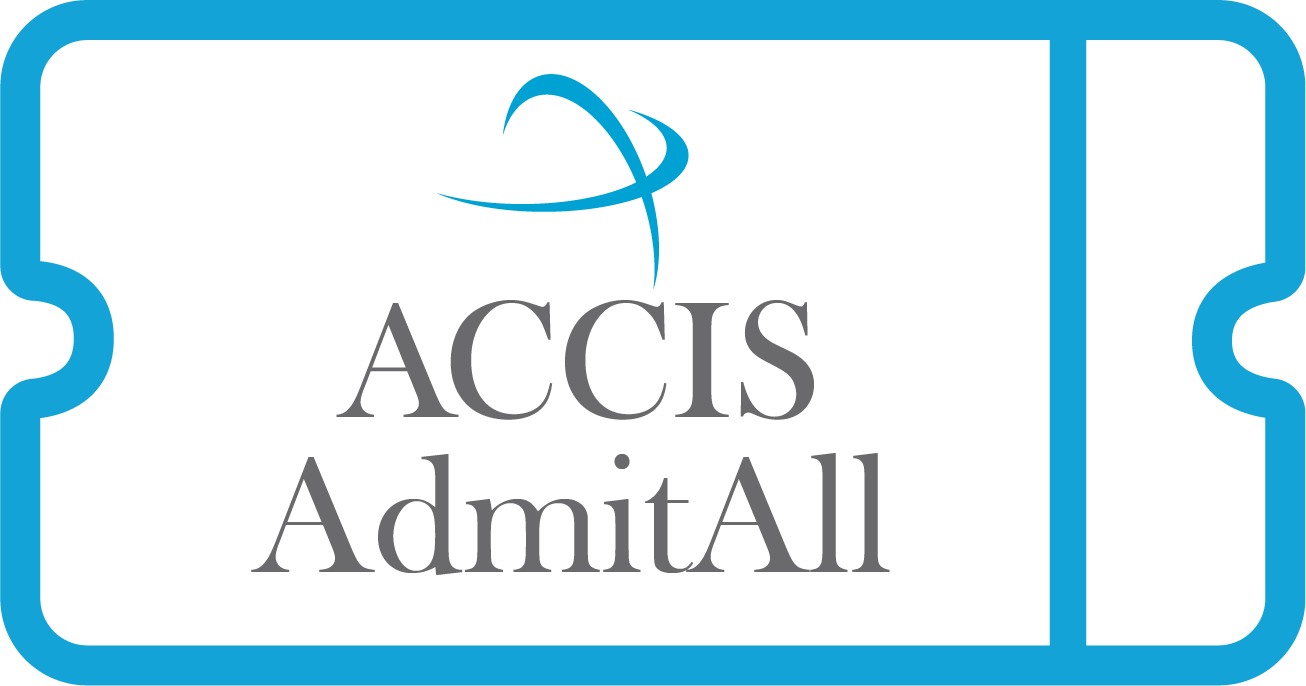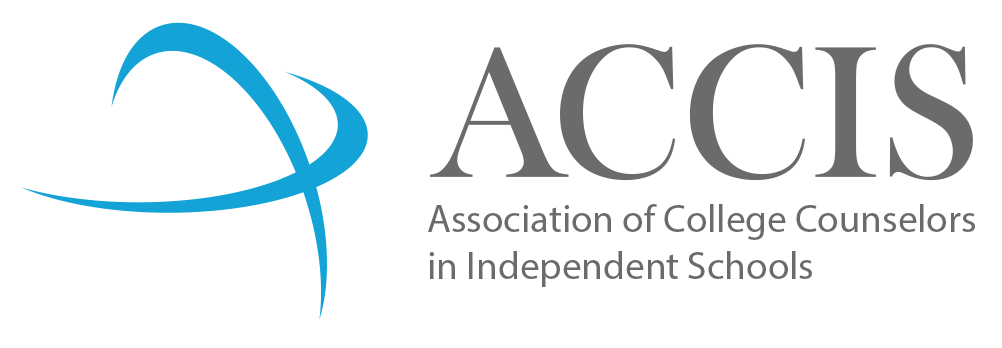Calming The Storm: 4 Takeaways from Harvard's Turning The Tide II Report

Calming The Storm: 4 Takeaways from Harvard's Turning The Tide II report
Lesley Klecan
Director of College Guidance
St. Mary's School
The newest report out of Harvard’s Making Caring Common Project targets families and high schools as central to increasing sanity in college admissions.
And rightly so.
Families are the consumers of college admissions. If we want to change the culture and lessen the frenzy, it has to begin with the consumer. Colleges can change admissions requirements, adopt test-optional policies, and value character in the admissions process, but the frenzy around admissions will remain until families and high schools take the lead.
The report (Turning the Tide II ) recommends that we encourage students to care for others in meaningful ways through authentic service and daily acts of character, including gratitude. They recommend a student-centered approach featuring authenticity and ethical education in the application process. Focusing students on a wide variety of colleges, creating limits on advanced courses, and discouraging overloading extracurricular activities round out their recommendations.
It is as if they’ve read our daily task list. As independent school counselors, we frequently manage parental expectations, students’ dreams, and sobering reality...and the accompanying stress that goes with them. We preach fit, authenticity, and balance. Yet the frenzy and increasing anxiety continue.
So what can we as counselors do to shift the culture? Given that we are knee-deep in counseling juniors this spring, what are our immediate takeaways? Here are four to get the ball rolling.
-
We can talk with our administrations about the importance of fit and reducing the emphasis on marquee acceptances in our own advertising. Many schools simply publish students’ post grad plans, while listing acceptances with no names or numbers attached.
-
As we counsel students about courses to take next year, we can remind students and parents that focusing on highly selective colleges and their requirements as a baseline is a way to plan, but not theonly way to plan. A common example of this is the decision to take calculus solely because that level of math has become a gatekeeper of sorts for the most selective colleges. Is the student choosing to take calculus at the expense of other courses that they might find more interesting, relevant, challenging, or enjoyable? Does the prospect of hours of math homework fill them with dread? If so, where is the space for balance and authenticity? Addressing balance surrounding course selection in a process where students strive to stand out and differentiate themselves from their peers is a difficult job. Yet the conversation is one we must have as we continually encourage students to be authentically themselves.
-
As juniors consider summer plans, some feel pressure to have life-changing experiences and can enter senior year feeling inadequate if they don’t. They look at the activities section of their application, compare themselves with others, and often wonder if they are doing everything “right.” The stress to stand out is understandable. Remind students, though, that experiences that are “sustained [and] chosen based on authentic interest” not only provide greater opportunity for reflection, but also are simply more enjoyable. It should be a top priority to make sure students do not get to college and immediately burn out from working at full speed during high school without any enjoyment or fulfillment. In other words, do what interests you and the rest will follow.
-
Finally, to turn the tide, counselors can remind students that there are many colleges that are excited to have students present themselves in non-traditional ways. A graded piece of work, short answer questions, essays, interviews — the list goes on. Students who are anxious test takers should look for colleges that fit their style of learning, rather than turning themselves inside out to fit some mythical image of the perfect applicant.
